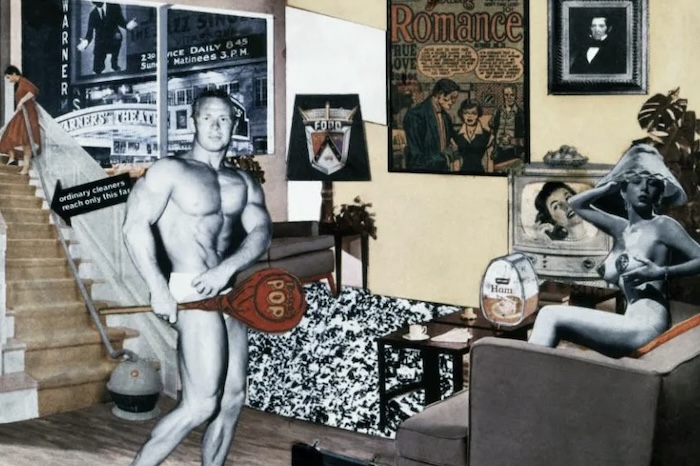
“Ten Years of Useless Labor”: On Danzy Senza’s Colored Television
Danzy Senna’s Colored Television spent last summer winning praise from the usual legacy publications as The Novel We Need Right Now: A serious book by a seasoned author willing to sink her teeth into debates around race and class, “representation” and “inclusion” in post-2020 America. Senna has traversed this terrain for a quarter-century in fiction and memoir, deploying a mix of dark humor, historical insight, and pop-culture fluency to craft narratives of biracial women and men — or, to use the term she prefers, mulattos. On that model, Colored Television features quotations from Jefferson’s letters, parodies of mid-century sociology texts, meditations on Carol Channing, cameos by Kim and Kanye. But this collage of content is held together by forms and themes as old as the novel itself — mimetic desire, status-chasing, and marital troubles, to name a few. Much of the plot is set in motion by a scene that could have been ripped from the pages of Balzac, Dreiser, or Richard Wright, not to mention Cervantes: A woman sees an image of a happy family in a sales catalog, and tries to make her own life look like theirs. Personal and professional mayhem ensues, much of it very funny. Senna’s relentless cynicism will likely titillate the readers of the Good Morning America Book Club, but it also hamstrings her capacities as a social critic.

